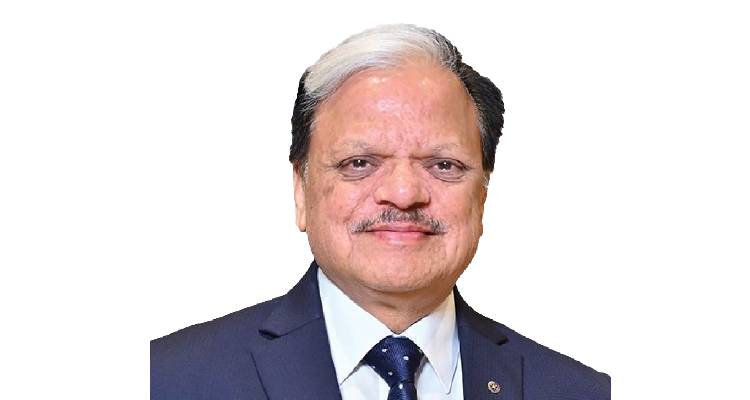

Every year, July 1st is celebrated as National Doctor’s Day, a moment to honour the dedication and services of doctors across the country. This year’s theme, “Behind the Mask: Who Heals the Healers?” invites deeper reflection and understanding. The theme urges us to recognise the doctors’ effort in building a healthier nation and acknowledge the physical, mental and emotional toll their work can take. The focus is usually on patient care and outcomes; the well-being of our healthcare professionals is just as important and often takes a backseat. As the health burden continues to grow, the role of doctors and healthcare professionals becomes crucial. This makes it important to ensure the well-being of the caregivers, as it is essential for their resilient and effective healthcare system.
The pandemic brought with it lots of challenges, both physical and psychological, especially for the individuals working in the healthcare sector. Doctors, especially, were at the forefront of this fight against the pandemic and often had to sacrifice their well-being to ensure the safety of their patients. The aftermath of the pandemic revealed a much deeper and crucial requirement- the need for better emotional and psychological support for those who work towards the well-being of society and ensure better health outcomes. Consequently, empathy has emerged as a crucial leadership characteristic and not just an individual trait. It has a prerequisite for healthcare leaders to maintain a balance between daily operations and emotional intelligence, thus enabling their teams to rebuild and adapt to the evolving healthcare landscape.
Empathy is not just a soft skill that is adopted; instead, it is a strategic strength. Being empathetic can prove to be a unifying force and create a sense of psychological safety and trust. Such an environment leads to honesty, innovation and much stronger collaborations. Doctors also carry emotional weight and navigate through difficult situations both personally and professionally. Recognising and acknowledging this helps demonstrate concern towards them and acknowledges their contribution.
Embedding empathy through wellness programmes, peer support, and open conversations has become an essential part of leadership. Reshaping a culture can be achieved not just through policies but also through actions. Something as simple as recognising the efforts of the doctors can help build trust and give them the strength to continue their efforts. Additionally, reinforcing trust also involves transparency and open conversation. When a leader makes the effort to walk the corridors and stay connected with the doctors who form the heart of a hospital, it helps create a sense of unity.
It must be noted that empathy should not just be considered as creating internal harmony; instead, it also leads to better and improved patient outcomes. Doctors are in a better position to extend compassion to the patients when they feel heard and supported.
Compassion helps build connection, which in turn leads to healing. Here, the ripple effect comes into play, as when the leadership takes care of their own, the effect reaches every patient as well.
In other words, a hospital with a culture of empathy is better able to build strong trust in the community. When the caregivers are cared for, the benefit is not just limited to them but also positively impacts the patients. Compassion isn’t merely a virtue but a clinical asset too.
This National Doctor’s Day, it is important to move beyond symbolic gestures and focus on creating an ecosystem based on compassion and empathy- a responsibility shared by all. This day is a reminder to support the strongest shoulders. As a leader, the approach must not just be limited to asking about the team’s performance but also take into consideration their feelings too. Behind the masks are human beings and their stories of resilience, sacrifice, and strength.
The post Compassion for the compassionate: Embedding empathy in leadership appeared first on Express Healthcare.



